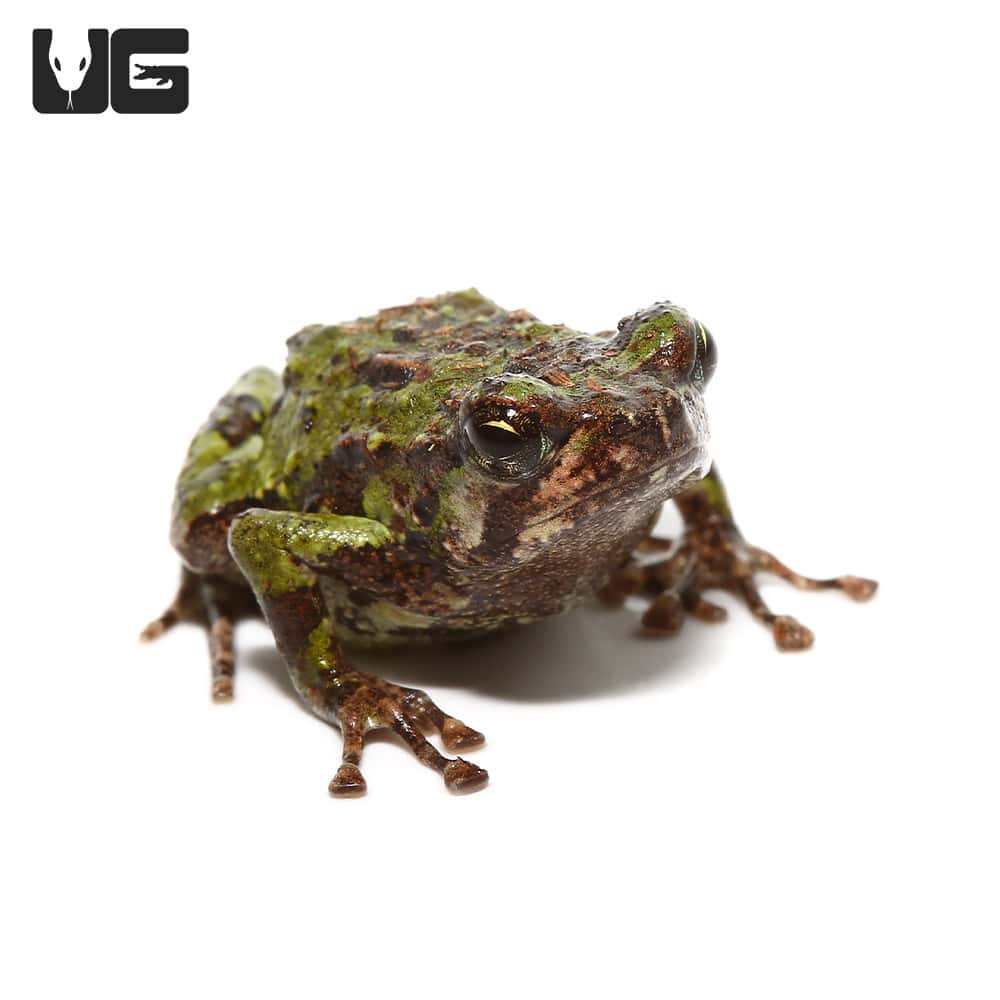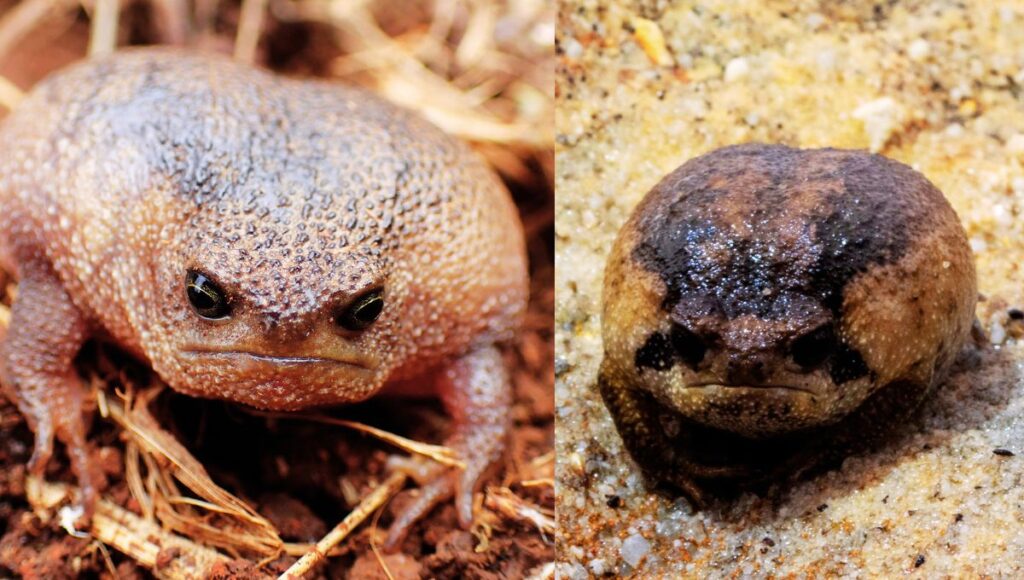Uncover Rare Rain Frog for Sale: Elevate Your Amphibian Collection Today!
Wiki Article
Common Health And Wellness Issues in Reptiles: Signs and Solutions
In the intricate world of reptile treatment, recognizing the common wellness concerns that may impact these distinct animals is critical in ensuring their health. Whether it's grappling with parasitic infestations, browsing dehydration concerns, or attending to skin disorders that show up in subtle means, being attuned to the signs and equipped with the expertise of effective solutions is necessary for any reptile proprietor.Respiratory Infections
Respiratory infections in reptiles can considerably influence their general wellness and require timely interest from skilled veterinarians. These infections are generally caused by germs, infections, or fungi and can materialize through symptoms such as hissing, nasal discharge, open-mouth breathing, and lethargy. In reptiles, respiratory infections can be especially challenging to detect and treat because of their one-of-a-kind anatomy and physiology. Veterinarians typically rely upon a combination of physical exams, diagnostic imaging, and lab examinations to precisely identify the underlying root cause of the infection.Treatment for respiratory infections in reptiles commonly includes a mix of helpful treatment, such as keeping correct humidity degrees and temperature gradients in the enclosure, as well as targeted drug to address the specific virus accountable for the infection. It is crucial for reptile proprietors to monitor their family pets closely for any type of signs of respiratory distress and look for veterinary care at the earliest sign of a problem. With prompt intervention and ideal treatment, several reptiles can recover totally from respiratory infections and return to regular activities.

Metabolic Bone Illness
What aspects add to the development of Metabolic Bone Condition in reptiles?Metabolic Bone Condition (MBD) in reptiles is primarily brought on by a lack of correct calcium, phosphorus, and vitamin D3 degrees in their diet regimen. When reptiles do not receive ample calcium, either via their food or appropriate UVB exposure for vitamin D3 synthesis, they go to a high risk of establishing MBD. Reptiles with diet regimens low in calcium or unbalanced calcium to phosphorus proportions are especially susceptible. Furthermore, poor exposure to UVB light prevents reptiles from synthesizing vitamin D3, which is essential for calcium absorption and bone health and wellness.
Insufficient humidity degrees can also influence a reptile's ability to metabolize calcium successfully. Routine veterinary exams, proper husbandry practices, and a well balanced diet are necessary to protect against Metabolic Bone Disease in reptiles.
Parasitic Invasions
Parasitic problems posture a considerable health threat to reptiles, influencing their overall health and calling for timely veterinary focus. Reptiles can be affected by different parasites, including mites, ticks, internal worms, and protozoa. These bloodsuckers can cause a series of signs and symptoms, such as weight-loss, lethargy, skin irritation, diarrhea, and also fatality if left untreated.One typical bloodsucker located in reptiles is the mite, which can cause skin tension, irritability, and anemia. Ticks are another outside parasite that can transmit illness and create discomfort to the reptile. Inner parasites like worms and protozoa can result in digestion issues, poor nutrition, and compromise the reptile's body immune system.
To identify a parasitic problem, a vet may perform fecal examinations, skin scrapings, or blood tests. Treatment typically involves deworming medicines, antiparasitic bathrooms, or in extreme situations, hospitalization. Preventative actions such as normal vet examinations, appropriate hygiene, and quarantine procedures for new reptiles can aid lessen the threat of parasitic invasions and make sure the wellness of reptile pet dogs.
Dehydration and Hydration Issues
Dehydration in reptiles can substantially influence their health and wellness and wellness, necessitating prompt treatment and proper hydration management. Reptiles are vulnerable to dehydration because of various variables such as inadequate water intake, high environmental temperature levels, and particular health and wellness conditions. Symptoms of dehydration in reptiles consist of sunken eyes, sleepiness, loss of skin flexibility, and decreased urination. Dehydration can lead to significant wellness problems and even be fatal to the reptile - rain frog for sale. if left untreated.To avoid dehydration, reptile owners should make sure that their animals have access to tidy water in any way times. The water dish must be big enough for the reptile to take in if needed, specifically for species that absorb water via their skin. In addition, maintaining proper moisture levels in the reptile's enclosure and offering regular baths can help prevent dehydration.
In cases of dehydration, it is essential additional reading to look go right here for veterinary care promptly. A veterinarian might provide liquids either orally or with injections to rehydrate the reptile. It is crucial to attend to the underlying root cause of dehydration to avoid reappearance and ensure the reptile's overall well-being.
Skin Ailments

dig this
Final Thought

Respiratory infections in reptiles can considerably affect their total health and require prompt interest from experienced veterinarians (rain frog for sale). Preventative actions such as routine vet exams, proper health, and quarantine treatments for new reptiles can help minimize the threat of parasitical problems and ensure the wellness of reptile pets
If left untreated, dehydration can lead to severe health and wellness issues and also be fatal to the reptile.
Consistently inspecting your reptile for any adjustments in skin shade, look, or structure can assist in early detection and treatment of skin ailments, advertising the general health and health of your flaky buddy. - rain frog for sale
In conclusion, reptiles are prone to different wellness problems such as respiratory infections, metabolic bone condition, parasitical invasions, dehydration, and skin disorders.
Report this wiki page